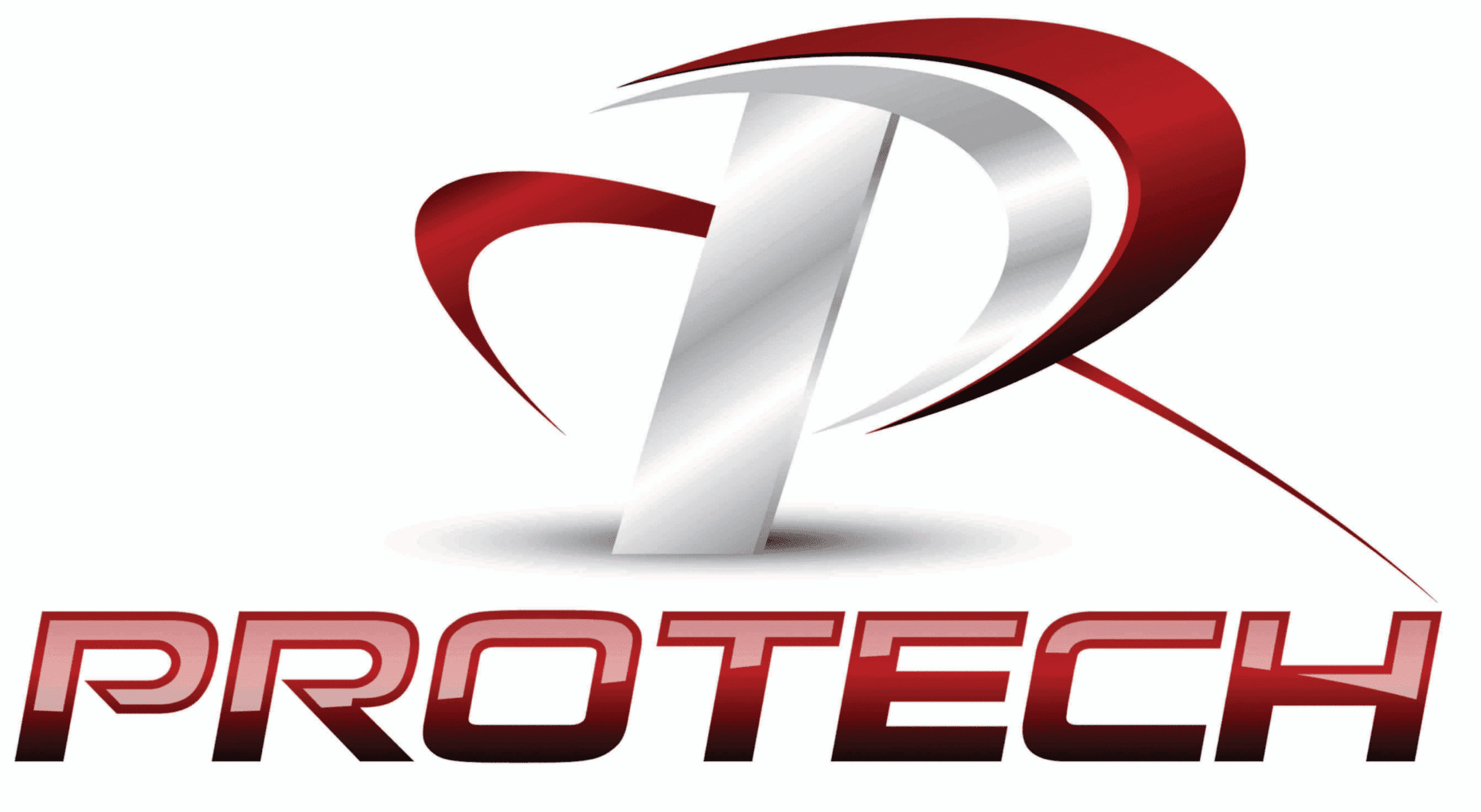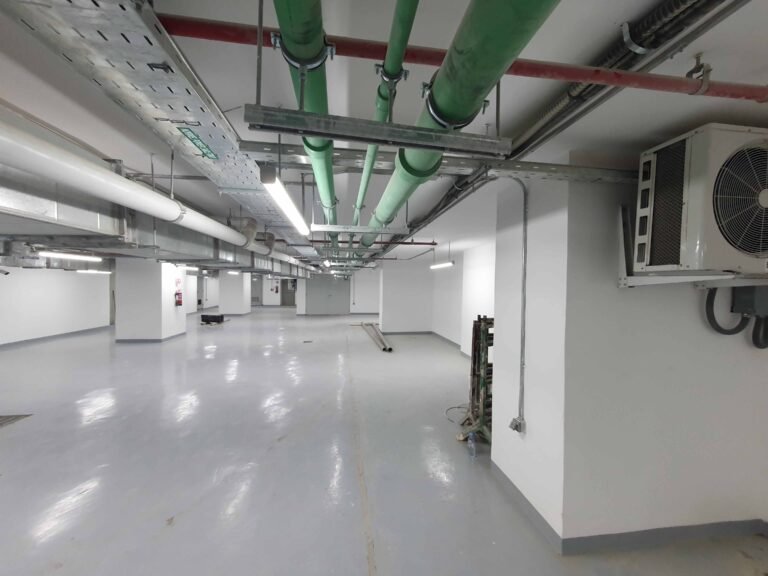As construction accelerates across Saudi Arabia, so does the demand for smarter, more efficient infrastructure. From high-rise towers in Riyadh to mixed-use developments in Jeddah, developers are realizing that utility bills, system downtime, and maintenance headaches all have one thing in common: inefficient MEP systems.
By investing in energy-efficient MEP systems in Saudi Arabia, commercial property owners and developers can reduce long-term operating costs, increase asset value, and meet national sustainability goals under Vision 2030.
Why MEP Systems Are the Heart of Commercial Buildings
Mechanical, Electrical, and Plumbing (MEP) systems power every square meter of a building. They cool the air, move electricity, supply water, and keep people safe. Yet, these systems can also consume more than 60% of a building’s total energy, especially in hot, high-demand environments like Dammam or Mecca.
That’s why rethinking your MEP strategy isn’t just a green choice—it’s a financial one.
The Cost of Inefficiency
Outdated chillers, poor duct design, inefficient lighting, and water leaks silently eat into your budget. Some of the most common energy drains include:
-
Oversized HVAC units running non-stop
-
Poorly insulated ductwork or piping
-
Inconsistent electrical loads due to unbalanced distribution
-
Non-automated lighting that runs 24/7
-
Water losses from undetected plumbing issues
In a city like Riyadh, where utility tariffs and cooling needs are high, inefficient MEP can lead to millions in unnecessary spending over a building’s lifecycle.
How Energy-Efficient MEP Systems in Saudi Arabia Drive Cost Savings
Let’s explore the main ways smart MEP engineering translates into measurable ROI:
1. HVAC Efficiency: Cooling Smarter, Not Harder
In Saudi Arabia’s scorching climate, HVAC systems are a building’s single largest energy consumer. But with modern, efficient solutions, that cost can be dramatically reduced.
What Makes HVAC Systems Efficient?
-
Variable Refrigerant Flow (VRF) and chilled water systems with zoning
-
Building Management System (BMS) integration
-
Energy Recovery Ventilation (ERV)
-
Sensor-based control systems that adjust cooling based on occupancy
Case in Point:
A tower in Jeddah retrofitted by Saudi ProTech replaced outdated chillers with high-efficiency units, added zoning and control sensors, and achieved a 23% reduction in cooling energy use.
2. Smarter Electrical Distribution
Electrical systems aren’t just about power—they’re about how power is distributed and consumed.
Efficient Electrical Design Includes:
-
LED lighting with daylight and occupancy sensors
-
Power factor correction to avoid utility penalties
-
Load balancing to reduce equipment stress
-
Centralized control through smart panels
In projects across Dammam, Saudi ProTech’s redesign of outdated electrical infrastructure helped clients reduce monthly bills and extend equipment lifespan.
3. Water-Saving Plumbing Systems
Water isn’t cheap—and it’s often overlooked in the energy conversation. But efficient plumbing saves both water and power, especially in pumped systems and heated water loops.
Key Features of Efficient Plumbing Systems:
-
Low-flow fixtures for restrooms and kitchens
-
Smart leak detection
-
Greywater reuse systems
-
Pressure-regulated pumps
These systems are especially valuable in large hotels and malls where thousands of liters flow daily. Saudi ProTech’s plumbing upgrades in Medina helped a commercial complex reduce consumption by 17% annually.
Compliance and Sustainability: More Than a Trend
As Saudi Arabia advances sustainability goals under Vision 2030, energy-efficient MEP systems aren’t just preferred—they’re often required.
Certifications Driving MEP Efficiency:
-
SASO-approved equipment
-
Civil Defense compliance (especially for HVAC and fire systems)
-
Support for LEED or Mostadam green building certifications
Working with a contractor like Saudi ProTech ensures all systems are compliant, documented, and future-proof.
Saudi ProTech: Delivering Energy-Efficient MEP Systems Across the Kingdom
As a leading MEP contracting company in Saudi Arabia, Saudi ProTech specializes in designing and installing high-performance MEP systems tailored for energy savings and operational efficiency.
Their expertise includes:
-
Chilled water and VRF HVAC systems
-
Smart electrical and lighting networks
-
Sustainable plumbing and water reuse
-
Fire safety and low current systems
-
Full BMS and automation integration
From Riyadh to Rabigh, their portfolio includes shopping malls, office towers, logistics centers, and healthcare facilities—each engineered for energy performance and regulatory compliance.
👉 See real projects here: https://saudiprotech.com/projects/
The Long-Term Benefits of Energy-Efficient MEP Design
✅ Lower utility bills
✅ Less maintenance and breakdowns
✅ Smaller environmental footprint
✅ Better tenant satisfaction and retention
✅ Increased building valuation and rentability
These aren’t theoretical benefits—they’re measurable outcomes being delivered right now in buildings across Jeddah, Riyadh, and Dammam.
Final Thoughts: Choose Efficiency, Choose ROI
If you’re developing a new project or managing an aging facility, investing in energy-efficient MEP systems in Saudi Arabia isn’t just a good decision—it’s a strategic one.
It saves money. It reduces headaches. And it positions your property as a future-ready asset in a competitive market.
Looking for a trusted MEP partner?
Explore how Saudi ProTech can help your project achieve efficiency, safety, and long-term savings.












